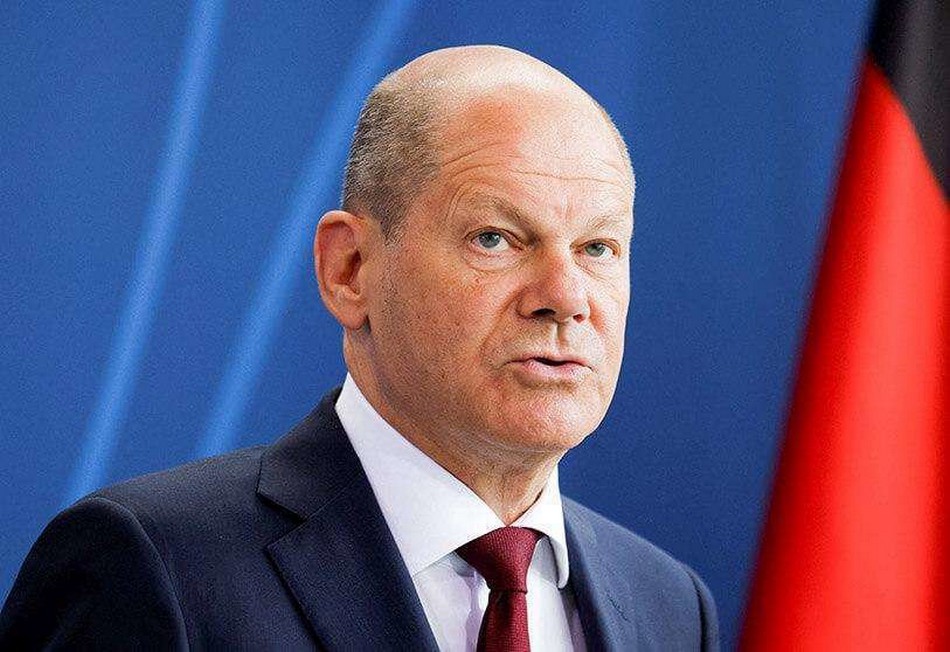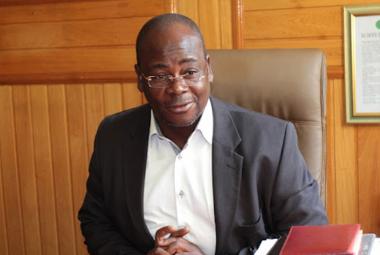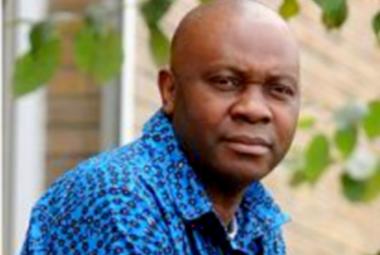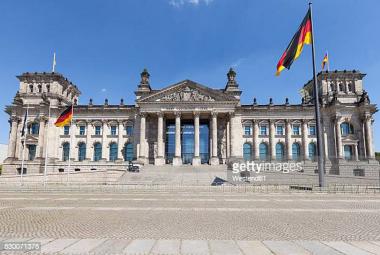Despite the decision to withdraw its military troops from Mali, Germany has decided not to suspend its development aid as well. A position that the Chancellor's Government justifies by its desire to remain as close as possible to the populations. While distancing himself from the military junta in power.
Unlike France, Germany of Chancellor Olaf Scholz will not deprive Mali of its development aid. This is part of Berlin's policy which aims to assist the most vulnerable sections of the population as closely as possible. This can be understood in contrast to France, which had suspended all its cooperation because of France's colonial past in Africa. To which must be added the overly complicated relations between France and Mali in recent years.
There will be no more Bundeswehr soldiers in Mali by the end of 2023, but in terms of development aid and humanitarian aid, Germany will remain present. “I do not share this French point of view, explained Jochen Flasbarth. We are not naive towards the Malian government but if we do not help the people on the spot, in their daily life, there is no more leverage to change its behavior,” said Jochen Flasbarth, State Secretary at the German Ministry of Development in an interview with the Frankfurter Allgemeine Zeitung newspaper. In response to the French Foreign Minister, Catherine Colonna, who had urged Germany to follow France's lead by ending all cooperation and not to be naive in the face of power in Bamako.
As long as the military junta in power does not refuse its assistance, Germany will not do like France by suspending its development aid. It will continue to focus in particular on the sectors of agriculture, water, sanitation, decentralization and even as far as culture is concerned, with a budget of seven billion CFA francs. Indeed, the German authorities are committed to the development of culture, one of the cornerstones of a return to normalization and peace in the country.
And Jochen Flasbarth continues: “Germany is active in Mali, with the United Nations, non-governmental organizations and the 300 people of our company for international cooperation. It is not a question of cooperating financially with the Malian military government, it is a question of activities on the ground which want to be as close as possible to the population”.
It should be noted that with nearly a thousand Bundeswehr soldiers, Germany is the leading contributor to the United Nations Multidimensional Integrated Stabilization Mission in Mali (MINUSMA). The country, in accordance with the decision of the European Union, is therefore preparing to reposition its soldiers in Niger. For his part, the Malian Minister of Defense assured Berlin of the “support” of the Malian authorities for the orderly disengagement of its soldiers from MINUSMA, according to the German Ministry of Defense.
While waiting to see how the military junta in power intends to complete the Transition, the countries of the Economic Community of West African States (ECOWAS), have elected the President of Nigeria Bola Tinubu as the exercise president of the Community. They also reaffirmed the need for Mali as much as for Burkina Faso and Guinea. He promised to work to put an end to coups in the sub-region. But above all, he immediately sent a mission to these countries to remind them of the juntas in Mali, Burkina Faso and Guinea that they must respect the crisis resolution agenda in agreement with ECOWAS.
By Daniel Yaoni



















